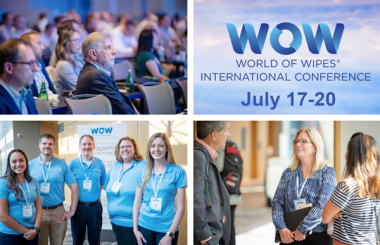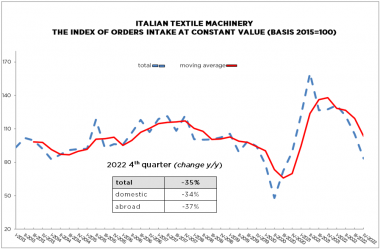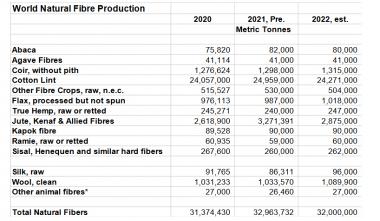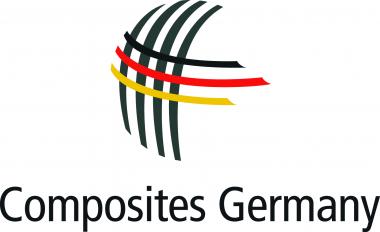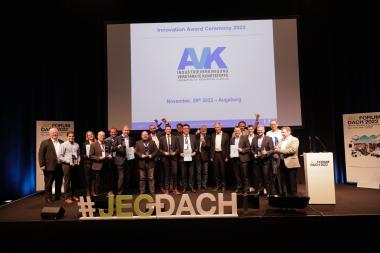Four Nonwoven Industry Professionals honored with INDA Lifetime Awards
NDA, the Association of the Nonwoven Fabrics Industry, announced four recipients for the Lifetime Service Award and Lifetime Technical Achievement Awards. Jan O’Regan, Seshadri Ramkumar, Jim Robinson, and Ed Thomas are being recognized for their key contributions to the growth of the nonwovens industry and INDA.
Jan O’Regan: INDA Lifetime Service Award
Jan O’Regan was the Director, Strategic Initiatives and Nonwovens Marketing, for Cotton Incorporated and retired in 2022. In this capacity, she uncovered new opportunities for cotton to bring value into the nonwovens industry. Her work included leading efforts in strategic planning, technical and market project management, and sharing new ideas and results with the global supply chain.
O’Regan spent over four decades in the nonwovens industry in various roles, including sales, marketing, strategic planning and business management. Market responsibilities included consumer and industrial markets on regional, national, and global teams. Over the most recent years, she applied these broad experiences to new markets for cotton in nontraditional applications.
Serving and volunteering with INDA for decades, O’Regan most recently chaired the World of Wipes® committee, which she efficiently organized to produce innovative conferences for the wipes industry. She was a frequent speaker at INDA, INSIGHT, EDANA, and other events, and for nearly two decades was a go to source of information for cotton fibers in nonwovens and hygiene. O’Regan earned a BS in Textiles and Business, summa cum laude, from Penn State University and an MBA from New York University’s Stern School of Business.
Seshadri Ramkumar: INDA Lifetime Technical Achievement Award
Seshadri Ramkumar has over twenty-five years of experience within the technical nonwovens space, conducting industry leading research and educating nonwovens professionals at Texas Tech University (TTU). At TTU, he established the Nonwovens Laboratory. Many of Ramkumar’s students have gone on to become technical leaders within their organizations and the nonwovens industry.
Ramkumar has numerous patent and invention disclosures, including Fibertect® toxic chemical decontamination wipes which have been recognized by the American Chemical Society as a notable success of federally supported innovation, endorsed by Lawrence Livermore National Laboratory, and adopted by multiple branches of the military.
In addition to many peer-reviewed publications, articles, and columns collectively over 500, including one on nanofibers that has been cited over 2,100 times, Ramkumar has contributed his expertise on the editorial boards of multiple fiber, nonwoven, and textile journals. Ramkumar has also organized conferences for nonwovens and textiles and actively promoted INDA and its technical training offerings for over 20 years.
He is a longtime member of the INDA Technical Advisory Board, been recognized by TAPPI, Society of Dyers and Colorists (UK), the Textile Institute (UK), and the Textile Association (INDIA), and received numerous awards from TTU.
Ramkumar holds a Bachelors of Technology (Textiles), Graduated with Distinction, and a Masters of Technology (Textiles), University First Rank in the Discipline, Anna University, and a Ph.D. (Textile Materials) from the University of Leeds, UK.
Jim Robinson: INDA Lifetime Technical Achievement Award
Jim Robinson has 33 years in the absorbent hygiene industry, including 28 years as a Technical Service Manager at BASF. He led technical teams that focused on the application of superabsorbent polymers (SAP) in hygiene products. Robinson has extensive knowledge of SAP applications, absorbent core formation, and hygiene article design, performance and testing. While with BASF, Robinson led efforts with multiple external companies to provide co-supplier solutions to hygiene converters.
Robinson’s extensive understanding of test methods and test method development led to his coordinating the establishment of fitness for use standards of adult incontinent products with the National Association for Continence and involvement in development and review of absorbent product test methods with INDA/EDANA. He is also an active contributor to INDA’s Technical Advisory Board and Hygienix organizing committee and was a contributing developer in establishing the INDA Absorbent Hygiene Training Course. Robinson has provided numerous presentations at INSIGHT, Hygienix, and RISE on performance and interactions of absorbent system components.
Recently, Robinson has been consulting and contributing to the success of multiple start-ups including those having been nominated for INDA product awards. Robinson has a BS in Chemistry from Hampden-Sydney College and an MS in Chemistry from Duke University.
Ed Thomas: INDA Lifetime Technical Achievement Award
Ed Thomas retired after 39 years, with 32 years in the nonwovens industry, and has remained active teaching the Intermediate Nonwovens Training Course for INDA and The Nonwovens Institute at North Carolina State University, as well as providing consulting services to the industry.
Thomas’ experience includes Process Engineering Manager and Plant Management, DuPont; Technical Director, Reemay; VP of Research and Operations, VP of Operations and Technology, and Global VP of Research and Development for Fiberweb/BBA Nonwovens; and Head of Research and Product Development, First Quality Nonwovens.
Thomas holds 10 U.S. nonwoven patents and he and his teams have been awarded more than 250 patents for numerous and diverse innovations that have played significant roles in the success of the nonwovens industry. These include applications for the global hygiene market, industrial nonwovens, and filtration media.
During his career, Thomas has presented several keynote addresses and papers to industry conferences, participated in North Carolina State University’s Nonwovens Cooperative Research Center (NCRC) prior to it becoming The Nonwovens Institute (NWI), INDA’s Technical Advisory Board, INDA’s Sustainability Committee, and was Vice Chair of NWI’s Industrial Advisory Board prior to retirement and remains an Emeritus member.
Thomas received his mechanical engineering degree from SUNY Buffalo.
INDA











